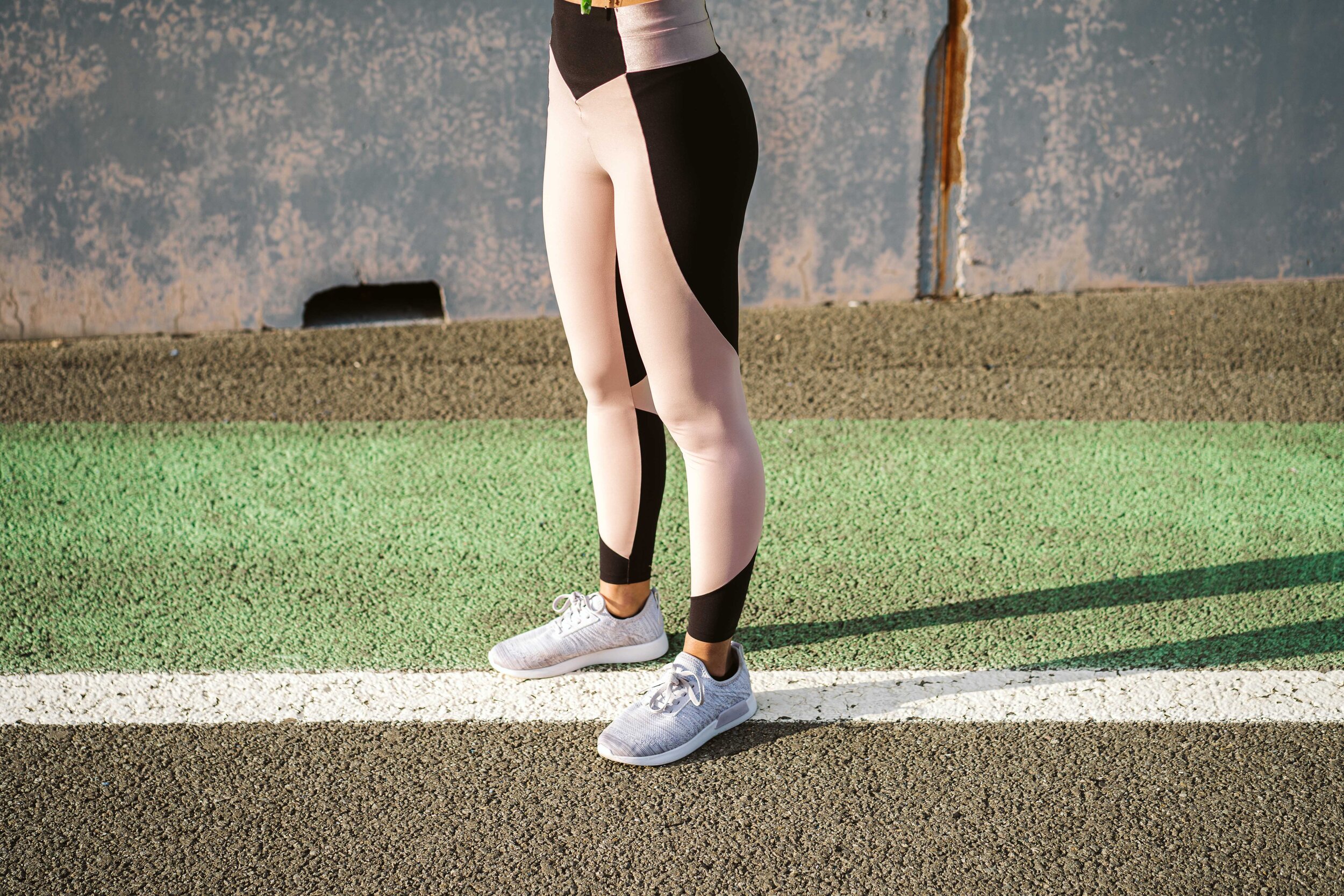Why I Swapped Running for Walking (and why I don’t regret slowing down)
Yesterday, my friend and I went down a Pinterest rabbit hole, scrolling through old boards I’d made years ago. My God—there they were—countless images of skinny women, once my aspirational ideal. Not just pictures, but a blueprint for how I thought I needed to look to be “better.”
Now, let’s be real—all women are beautiful. But unless you’ve got Kate Moss genes, chasing that aesthetic without completely burning out is nearly impossible.
And many of us have burned out trying—whether it’s counting calories, skipping the extra drizzle of olive oil, treating Kayla Itsines like the next Osho, or smashing through burpees like a woman possessed in a 20-minute HIIT class.
That was me. I did all the things. And I wasn’t even overweight—I just felt this constant pressure to preserve my shapeless 16-year-old frame at 28. Now, with a bit more wisdom, life experience, and a much better understanding of biology, I know better.
Burnout doesn’t just drain you—it can quietly chip away at your fertility, too.
The Burnout I Didn’t See Coming
A couple of years before I froze my eggs, I ran about 21 miles a week—7 miles, three times a week. My body fat hovered around 14%, just enough to keep my basic functions going. But I was constantly tired, puffy, and craving sugar (which often led to bingeing).
I thought I was doing everything right.
But in truth, all that fasted cardio and high mileage was just ramping up my cortisol—and when you’re preparing your body for something as delicate as egg freezing, high cortisol is not the vibe.
Listening to My Body (For Once)
When I finally started tuning in, I noticed something: running no longer felt like release—it felt like depletion.
I was sleepy during the day. My heart rate stayed high. I felt bloated and inflamed.
So, for the first time in my life, I slowed down.
I promised myself I’d take a short break from running and go on mindful walks instead.
Spoiler: I never went back.
Why Walking Makes More Sense Before and During Egg Freezing
1. It Lowers Stress
Running used to feel like stress relief. But walking was stress relief. It calmed my nervous system, brought me into a parasympathetic state—aka “rest and digest” mode—where fertility thrives.
After my walks, I felt soothed. Balanced. Ready for my day. Not to mention, London is stunning. I found joy in its green spaces, sparkling canals, and quiet corners. I’d choose a podcast and just be—sometimes passing runners with a smile of secret solidarity.
2. It Supports Hormones (Without the Spike)
Walking is low-key incredible. It helps regulate blood sugar, digestion, sleep, and energy—all without triggering a stress response.
If you’re preparing for egg freezing or IVF, managing cortisol is crucial. Walking gave me gentle, consistent movement that supported my hormonal balance rather than throwing it off.
3. It Lets Your Body Focus on Egg Quality
During stimulation, your body is already working overtime—growing follicles, processing meds, doing the absolute most. Walking told my body, “I’ve got you. I’ll save the energy you need.”
Running felt punishing at times. Walking felt like kindness—especially to my ovaries.
4. You Stay Active (Without the Pressure)
Daily walks gave me fresh air, endorphins, and structure—but with none of the pressure. No split times, no mile goals. Just movement for movement’s sake.
I listened to podcasts on fertility. I daydreamed. I let go of metrics.
It became a space for peace—not performance.
What I Noticed After the Shift
After just a few weeks, I noticed real, tangible changes:
Less inflammation in my skin
Better digestion
More stable energy
Deeper, more restful sleep
Lower anxiety
A craving for more nourishing meals
And yes, I even lost a little weight (cortisol is sneaky like that)
But beyond the physical, I felt more myself. Softer. Grounded. At peace.
This slower pace helped me ask: What do I actually need?
My Walking Ritual
Now, I fully embrace what I call my old lady walks (no shame).
On an ideal day, I start with a walk in the morning—natural sunlight in my eyes to reset my circadian rhythm and gently ease into the day.
In the evening, I go again—an hour before dinner, decompressing from work. If you can, try walking after dinner too—it helps with digestion and reflection.
And however you do it—walk with music, in silence, with a meditation, or while crying your IVF emotions out (very cinematic, 10/10 recommend)—it’s all valid.
But Wait—Is Running Bad?
Nope. Not at all. I still believe in running—if it brings you genuine joy and makes your body feel good.
But if you’re navigating IVF, egg freezing, or hormonal exhaustion, maybe ask:
“What does my body need right now?”
Sometimes the strongest, most healing thing you can do is slow down.
Final Thoughts
Swapping running for walking wasn’t just a fitness choice—it was a mindset shift.
It reminded me that:
Rest is productive.
Gentleness is powerful.
I don’t have to punish my body to feel worthy.
If you’re prepping for egg freezing and wondering whether to change up your workouts, this is your nudge:
Listen closely. Your body might be asking for softness, steadiness, and support.
Walking gave me all of that—and more.

